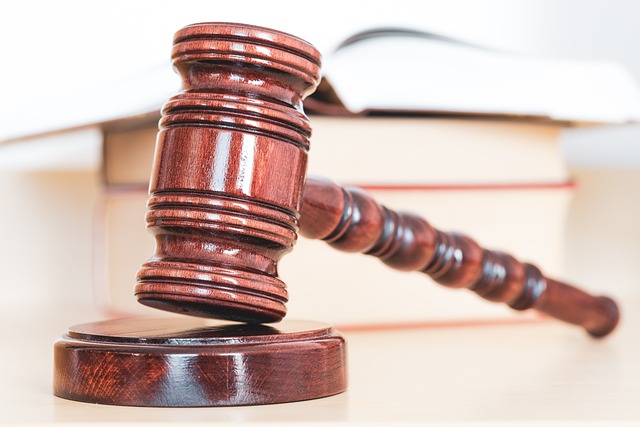Judicial Recusal: Safeguarding Impartiality in the Courtroom
Introduction: In the pursuit of justice, the integrity of the judicial system hinges on the impartiality of its judges. Judicial recusal, a critical yet often overlooked aspect of legal proceedings, ensures that cases are decided fairly and without bias. This article delves into the complexities of judicial recusal, exploring its history, current practices, and profound impact on the administration of justice.

Modern Recusal Standards and Statutes
Today, judicial recusal is governed by a complex web of statutes, ethical codes, and case law. In the United States, 28 U.S.C. § 455 outlines the circumstances under which federal judges must disqualify themselves. These include personal bias or prejudice, financial interests, and prior involvement with a case. State courts have similar provisions, though specific requirements may vary. The American Bar Association’s Model Code of Judicial Conduct also provides guidance, emphasizing the importance of avoiding even the appearance of impropriety.
Challenges in Implementing Recusal Policies
Despite clear guidelines, implementing recusal policies in practice can be challenging. Judges often face difficult decisions when determining whether their impartiality might reasonably be questioned. The subjective nature of some recusal grounds, such as personal relationships or ideological leanings, can lead to inconsistent application. Moreover, in small jurisdictions or specialized courts, finding an impartial judge without any connections to a case may be nearly impossible.
High-Profile Recusal Controversies
Recent years have seen several high-profile recusal controversies that have sparked public debate and raised questions about judicial integrity. In 2004, Justice Antonin Scalia’s refusal to recuse himself from a case involving Vice President Dick Cheney, despite their friendship, drew significant criticism. More recently, discussions surrounding Justice Clarence Thomas’s potential conflicts of interest have reignited conversations about the need for clearer recusal standards at the highest levels of the judiciary.
The Impact of Recusal on Judicial Decision-Making
Research suggests that judicial recusal practices can significantly impact case outcomes and public perception of the legal system. A study published in the Journal of Legal Studies found that judges who are more likely to recuse themselves tend to have their decisions overturned less frequently on appeal, suggesting a correlation between recusal practices and judicial quality. Furthermore, transparent recusal processes can enhance public trust in the judiciary, a crucial component of a well-functioning democracy.
Balancing Judicial Independence and Accountability
The debate surrounding judicial recusal highlights the delicate balance between judicial independence and accountability. While recusal is essential for maintaining impartiality, overly strict standards could potentially be weaponized to manipulate court compositions or undermine judicial autonomy. Legal scholars continue to grapple with this tension, proposing various reforms to strengthen recusal processes without compromising the fundamental principles of judicial independence.
The Future of Judicial Recusal
As society becomes increasingly interconnected and the line between personal and professional lives blurs, the future of judicial recusal is likely to involve even more complex considerations. Emerging technologies, such as social media and artificial intelligence, present new challenges in identifying potential conflicts of interest. Some legal experts advocate for more stringent disclosure requirements and independent review processes for recusal decisions, while others argue for a more flexible, context-dependent approach.
In conclusion, judicial recusal remains a cornerstone of a fair and impartial legal system. As the legal landscape evolves, so too must our approach to ensuring judicial integrity. By continually refining recusal standards and practices, we can uphold the fundamental principle that justice must not only be done but must be seen to be done.






